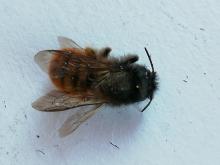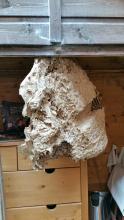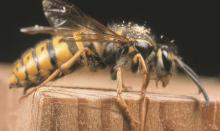Where are all the wasps?
You can probably count on one hand the number of wasps you have seen this summer which is good news for people who have a phobia of wasps, but not such good news for pest controllers who usually benefit from the extra business wasp nest removals brings in.
Spheksophobia – the persistent fear of wasps - is one of the more common phobias. The word is derived from Greek spheco meaning wasps and Phobos the ‘Greek God of fear’ or dread.






